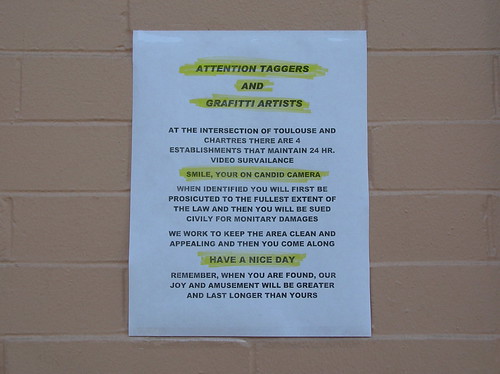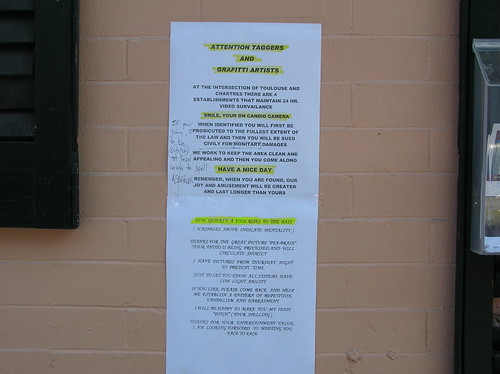The multi-trillion dollar secret subsidy paid out to prop up the money trusts is especially egregious when one recalls it occurred during a time when Congress could have considered using that money to prop up actual homeowners. The above-linked Bloomberg report hints at this very thing.
Congress, at the urging of Bernanke and Paulson, created TARP in October 2008 after the bankruptcy of Lehman Brothers Holdings Inc. made it difficult for financial institutions to get loans. Bank of America and New York-based Citigroup each received $45 billion from TARP. At the time, both were tapping the Fed. Citigroup hit its peak borrowing of $99.5 billion in January 2009, while Bank of America topped out in February 2009 at $91.4 billion.
Lawmakers knew none of this.
They had no clue that one bank, New York-based Morgan Stanley (MS), took $107 billion in Fed loans in September 2008, enough to pay off one-tenth of the country’s delinquent mortgages. The firm’s peak borrowing occurred the same day Congress rejected the proposed TARP bill, triggering the biggest point drop ever in the Dow Jones Industrial Average. (INDU) The bill later passed, and Morgan Stanley got $10 billion of TARP funds, though Paulson said only “healthy institutions” were eligible.
Mark Lake, a spokesman for Morgan Stanley, declined to comment, as did spokesmen for Citigroup and Goldman Sachs.
Had lawmakers known, it “could have changed the whole approach to reform legislation,” says Ted Kaufman, a former Democratic Senator from Delaware who, with (Ohio Senator Sherrod) Brown, introduced the bill to limit bank size.
So instead of even considering breaking up these "too-big-to-fail" trusts or providing direct relief to homeowners facing foreclosure, Congress was content to let the TARP sum they knew about go toward propping up the money trusts even as they were receiving an additional $7.7 trillion in secret aid from the Fed. And yet they're still telling the rest of us that it's time to make "shared sacrifices" with regard to our Social Security and our Medicare. It's a wonder no one who says such things isn't getting punched in the throat on a daily basis.
Not that the potential throat punchers aren't out there. It's just that they're all wasting their time at self-indulgent rallies and getting pepper-sprayed by police.
In the September 2008 meeting at which Paulson and Bernanke briefed lawmakers on the need for TARP, Bernanke said that if nothing was done, “unemployment would rise -- to 8 or 9 percent from the prevailing 6.1 percent,” Paulson wrote in “On the Brink” (Business Plus, 2010).
The U.S. jobless rate hasn’t dipped below 8.8 percent since March 2009, 3.6 million homes have been foreclosed since August 2007, according to data provider RealtyTrac Inc., and police have clashed with Occupy Wall Street protesters, who say government policies favor the wealthiest citizens, in New York, Boston, Seattle and Oakland, California.
The Tea Party, which supports a more limited role for government, has its roots in anger over the Wall Street bailouts, says Neil M. Barofsky, former TARP special inspector general and a Bloomberg Television contributing editor.
“The lack of transparency is not just frustrating; it really blocked accountability,” Barofsky says. “When people don’t know the details, they fill in the blanks. They believe in conspiracies.”
Maybe if the #Occupy kids would spend a little less time in the drum circle and the Teabaggers would get off of that whole "What the queers are doing to our soil" business, they might actually manage to channel their shared legitimate outrage into something productive. Sounds silly to you? It's actually the banks' and their lobbyists' worst fear.
A well-known Washington lobbying firm with links to the financial industry has proposed an $850,000 plan to take on Occupy Wall Street and politicians who might express sympathy for the protests, according to a memo obtained by the MSNBC program “Up w/ Chris Hayes.”
The proposal was written on the letterhead of the lobbying firm Clark Lytle Geduldig & Cranford and addressed to one of CLGC’s clients, the American Bankers Association
The CLGC memo raises another issue that it says should be of concern to the financial industry -- that OWS might find common cause with the Tea Party. “Well-known Wall Street companies stand at the nexus of where OWS protestors and the Tea Party overlap on angered populism,” the memo says. “…This combination has the potential to be explosive later in the year when media reports cover the next round of bonuses and contrast it with stories of millions of Americans making do with less this holiday season.”
And hey talk about your "getting past the polarization" moment. Somehow I don't think this is the kind of bi-partisanship Clancy Dubos had in mind, though.





